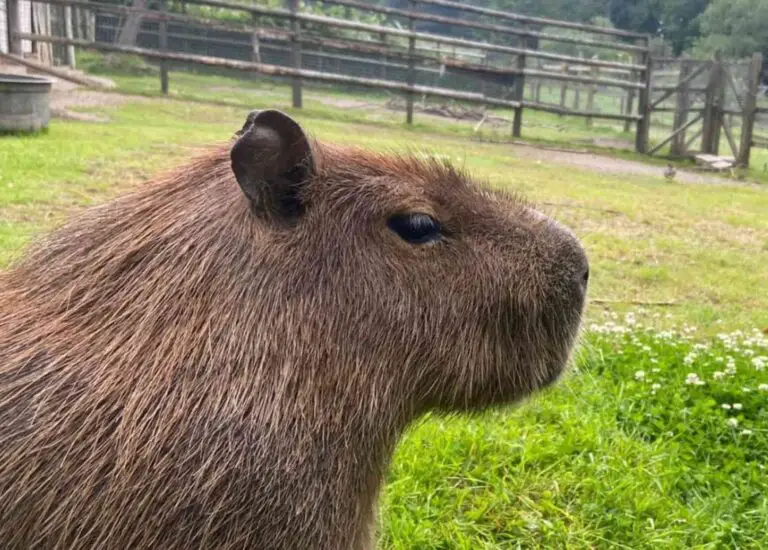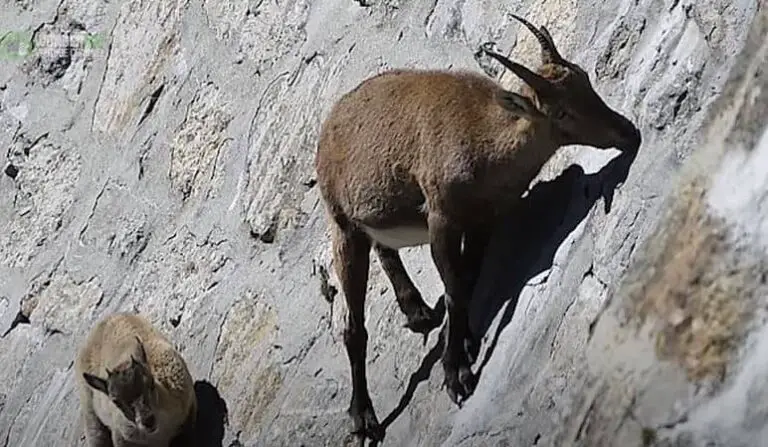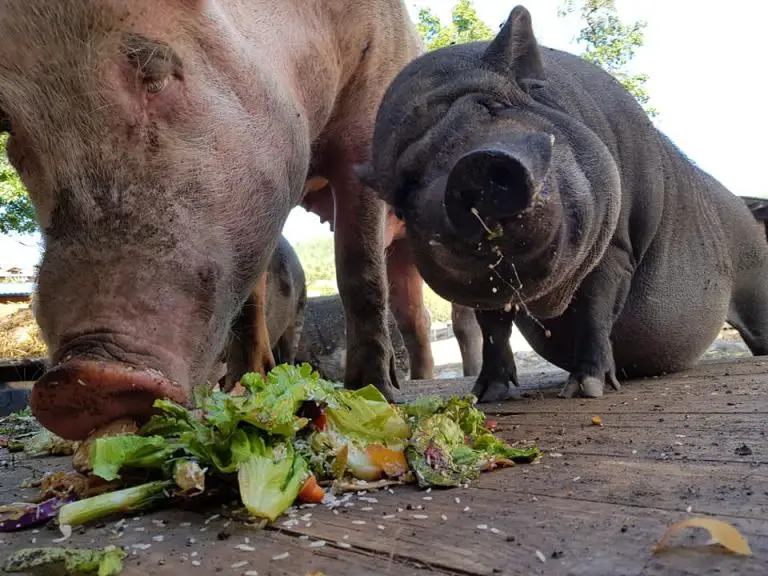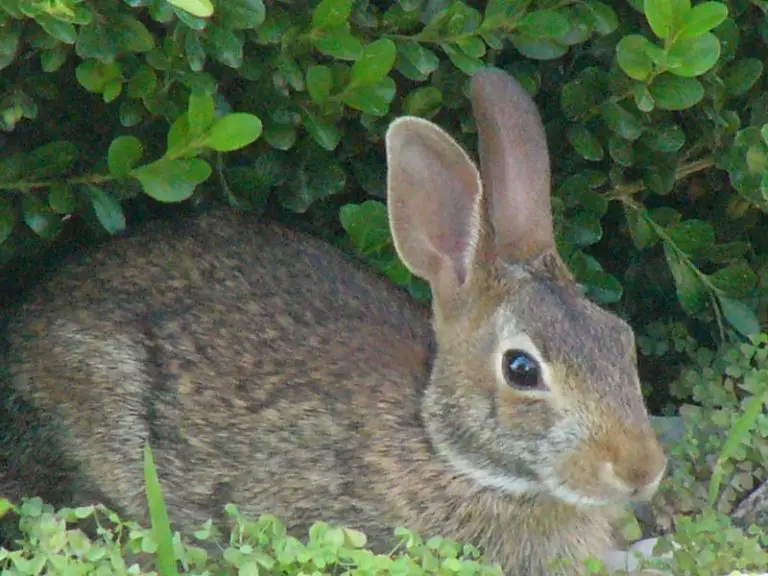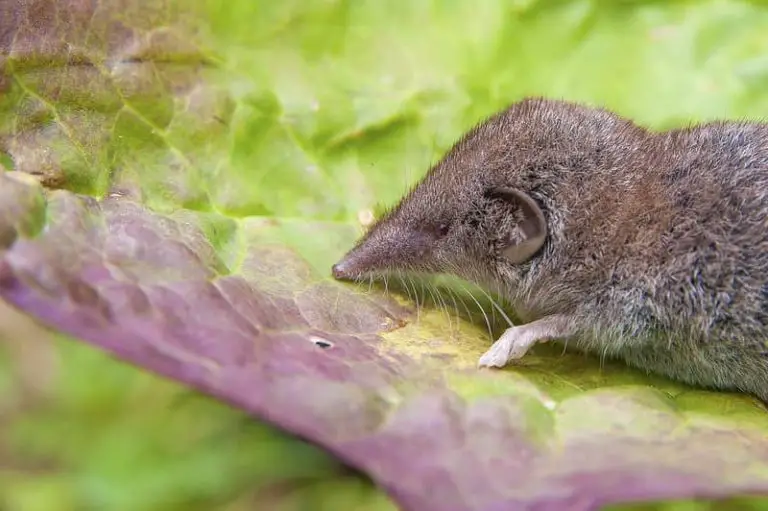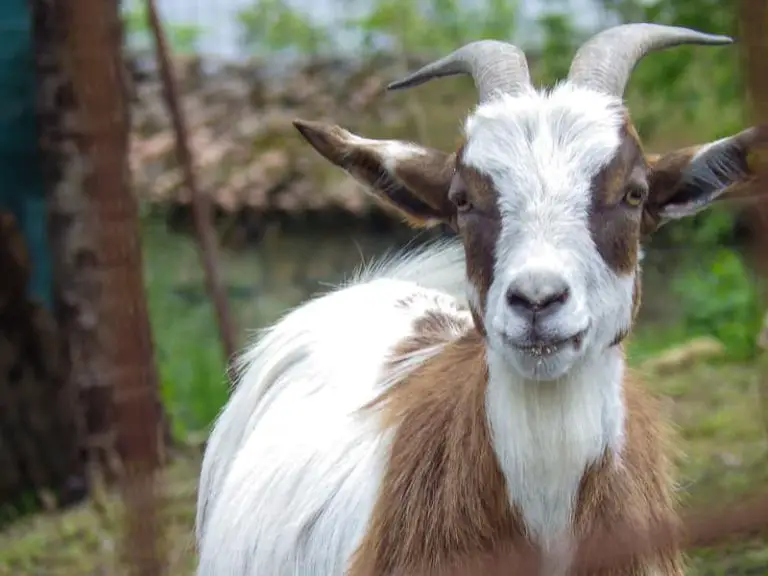5 Main Reasons Why Coyotes Howl At Night
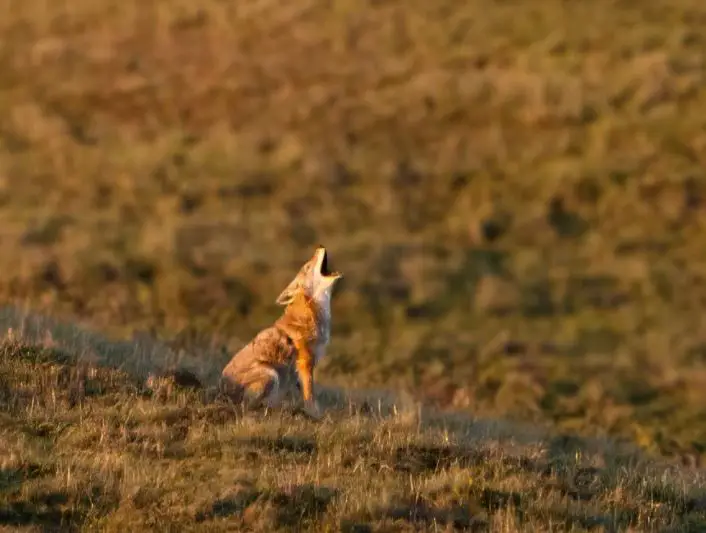
Seeing a coyote may be much less common than hearing them at night; they are very stealthy animals in the daytime and could be quite noisy at night.
Coyotes are accustomed to going out at night; every night, hungry coyotes usually go out in groups in search of food, as they walk, they let out a high-pitched howl to communicate with other coyotes in the environment.
Animal howls are communication signals that are connected to each other. Different calls are made in different situations, howls are also closely related to the coyotes’ breeding habits.
The howls that coyotes make are very high-pitched, like squeaks, yelps or barks. The howl could be misleading as to the distance and location you perceive because of the characteristics.
It may appear that the coyote is in one place, when it is actually somewhere else, that these howls are usually heard at dusk or at night and less frequently during the day and there are several reasons for this.
1- Howl at night when hunting
Coyotes are nocturnal animals, they do not usually walk in large packs, but they usually go out in pairs to hunt small rodents at night, and in case of large prey they usually go out in groups, when coyotes start to act collectively at night, they encounter communication problems.
In this case, only the howl is the most convenient and effective means of communication among coyotes, so it is customary to hear the howl in groups, these nocturnal communication howls are usually to locate members of the hunting team, or to warn of possible prey found in the environment.
2-Howl as a mating call
Coyotes have a mating call, as do many other animals, this call consists of several short, high-pitched, repetitive howls and is used by coyotes to communicate with each other after mating for breeding.
When coyotes make this howl, they do so when they find a mate and communicate to others that they have found a female that is ready to mate.
During mating season, female coyotes make a high-pitched howling call to attract male coyotes. They can make this call at any time of the day, but it is most commonly heard at night when coyotes are most active.
3-Howl to drive other strange animals out of their territory
Coyotes may use a nocturnal howl to drive away strange animals from their hunting territory, this also applies to coyotes within the same group, coyotes tend to howl to impose territorial dominance.
This howl alerts the other animals and also other coyotes in the area that the territory is already occupied. In the same way, coyotes may also howl to alert other members of the environment of possible danger nearby.
4- Howl imitating other sounds
I recently saw a video of a pack of coyotes howling at night at the sound of an ambulance siren, they howled in response to the sound of the ambulance and seemed to try to mimic it.
Coyotes tend to respond to howling sounds during the night, whether produced by humans, dogs, or vehicles, this is normal since howling is their form of communication, the howl can have different meanings whether it is a call or an alert, but coyotes tend to respond with their howls.
5-They howl to celebrate a hunt
Coyotes are out at night looking for something to eat or hunt, when coyotes make a successful hunt they may howl in celebration.
They howl during the hunting to communicate and coordinate with each other in case the hunting is done by two or more coyotes, and at the end, if the hunting is successful, they will howl as a kind of victory cry, joy or celebration, it may seem ritualistic, but in reality after a long night and a great physical effort to get something to eat, any animal would feel some joy.
How to differentiate the howl of a coyote from that of a wolf?
Wolves are larger in size relative to coyotes and this correlates with their howl, the coyote’s howl is higher pitched and shorter in duration than that of wolves.
These coyote howls are so high-pitched that they could simulate an ambulance siren, it is also less intense than a wolf howl and with much less range, basically because coyotes cover much less territory than wolves.
In general, the howls of both wolves and coyotes are heard at dusk and in the early morning hours, because this is the time when these animals are most active.
When do coyotes bark?
Like other canines, coyotes can bark, a sound similar to a dog’s bark, but of less intensity and duration. Coyotes bark as a sign of warning or fear, this bark means that the coyote does not want you to approach its territory, either because it is frightened or because it is warning you that it could attack.

